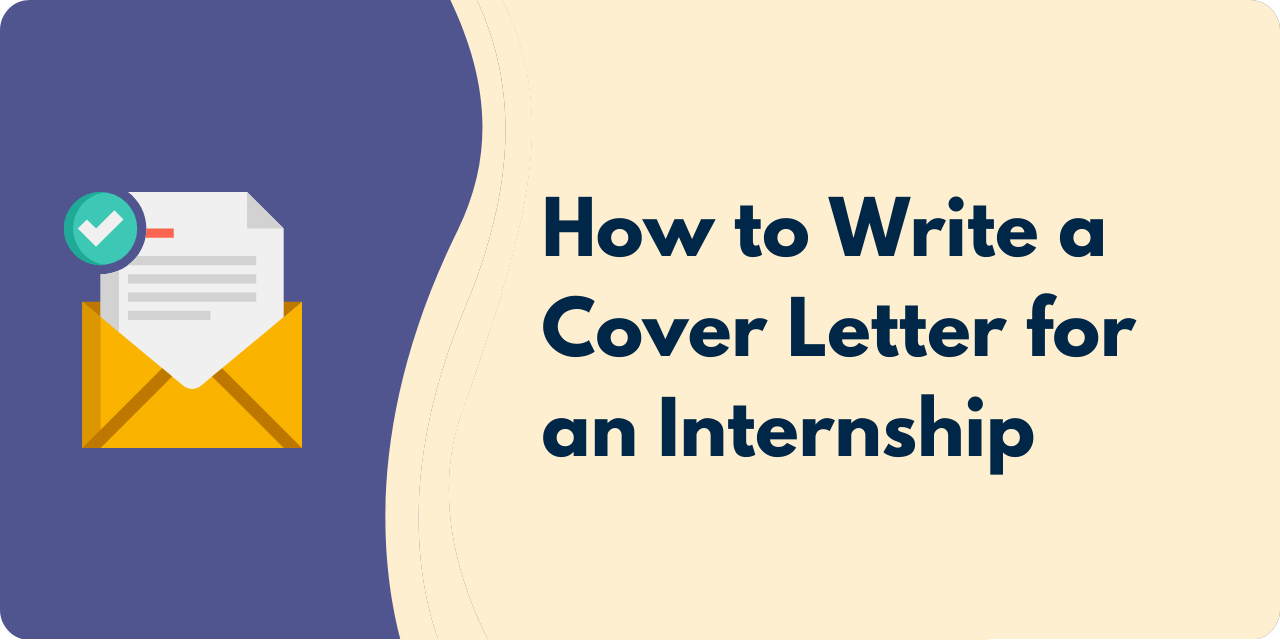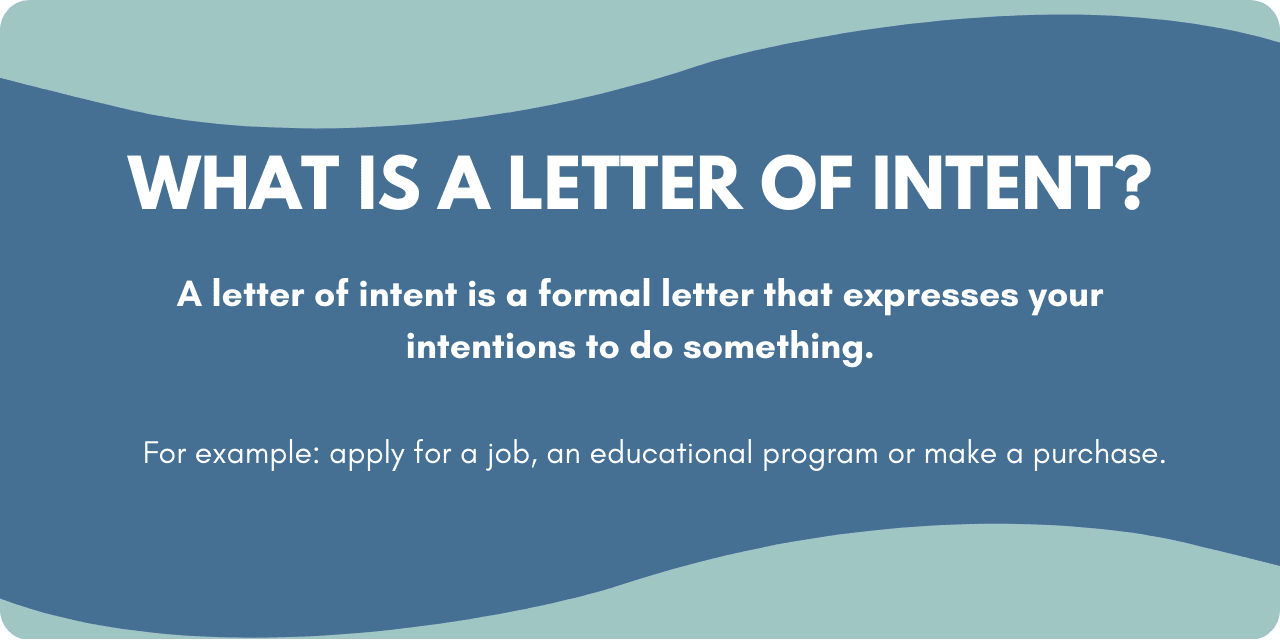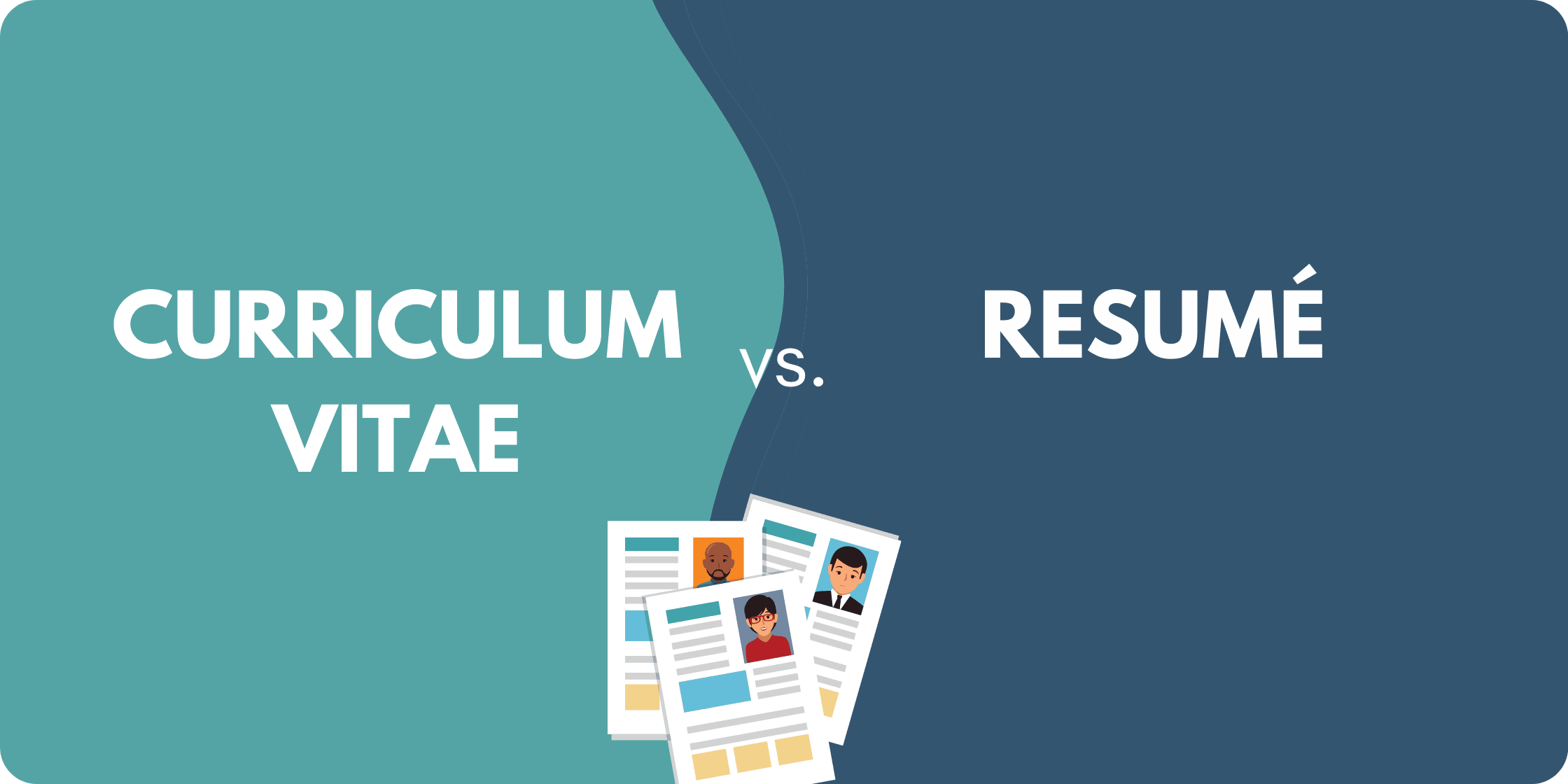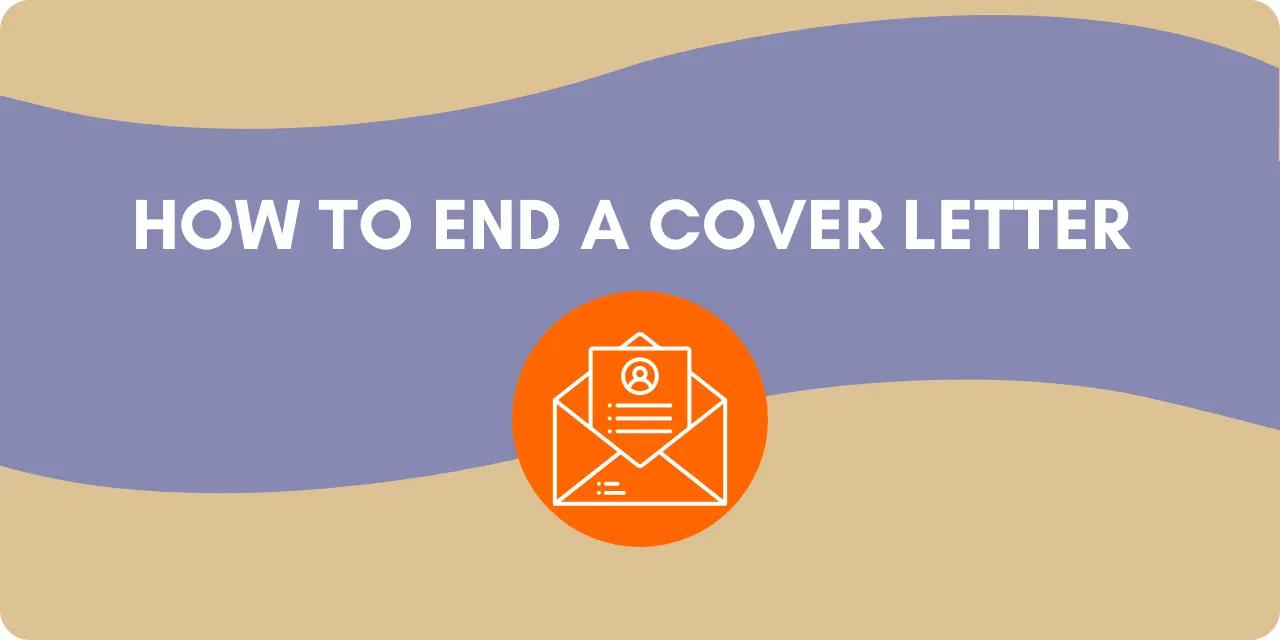Cover letters, resumes, proposals, online job applications—these are some of the most significant pieces you will write. They must engage readers and communicate persuasively, especially for competitive positions. Even if you are modest and shy, these pieces must sell you. Here are 12 tips to apply in high-stakes situations.

1. Begin every written piece with something that interests the reader.
When employers glance at cover letters, resumes, and marketing materials, they want to know instantly why they should keep reading. Which of these two items would be more compelling at the top of a resume?
Objective: A full-time sales or customer service position in horticulture.
Summary: A degreed, experienced horticulturist with skills in plant identification, green roof plant specifications, sustainable practices, and plant cultural care. Seeking a full-time sales or customer service position in horticulture.
The summary is more effective than the objective because it focuses on what the writer has to offer—not just on what he or she wants.
2. Personalize whenever possible.
When you write to get the job, as in all business writing, write for your reader. For instance, tie every aspect of your proposal to your current potential client, not any client. When applying for a job, write your cover letter so that it addresses a specific company and job. Generic cover letters are worthless because they make no special connection with the reader.
If you cannot obtain the reader’s name, use “Dear Tech Recruiter” or a similar greeting. But even without the reader’s name, write about your particular qualifications for the specific job.
It is not necessary to tailor your resume to every job opportunity, but be sure your resume is a good fit. Then use the cover letter or the online application prompts to describe your specific qualifications for the position. And use the company’s language. For instance, if they use “customer care,” change your use of “customer service.”
3. Describe yourself with achievements—not adjectives.
People often use fashionable adjectives to describe themselves in job-search documents. But expressions such as data-driven, problem-solving, multi-tasking, team-oriented, and customer-focused have little power without specific examples.
Rather than relying on adjectives, describe specific achievements that point to your personal strengths. For example, my brother includes these accomplishments on his resume:
Working with safety committee, I invented a chain hoist lift for lifting shrink-wrap film into position. Also invented a shaftless and chuckless film roll feed system. The purpose of both was to prevent on-the-job strain injuries. The company adopted these inventions, and they are still in use today.
The achievements communicate much more persuasively than empty adjectives without examples. They suggest inventiveness, focus on safety, and other strengths.
4. Use numbers.
Like accomplishments, numbers paint a picture. Write “10 years of experience” rather than “significant experience.” Use “a $7 million budget” rather than “a large budget.” Whenever possible, give specific numbers that show improvement, such as “a 20 percent increase.”
5. Use the pronoun I.
Since you are writing the letter, resume, or proposal, use I even if your successes were part of a team effort. Use expressions such as “Working with a team, I . . .” and “In a collaborative effort, I . . .” Many of us accomplish our best work in teams—but it is still our best work—not just the team’s.
Notice that my brother’s achievements (see Tip 3) do not seem less significant just because he worked with a committee.
6. Use jargon selectively.
Jargon is perfect among experts who understand it. If you are certain that all your readers (including Human Resources staff) will instantly recognize the term DACA, use it. But if any of them might be confused, use “Deferred Action for Childhood Arrivals” followed by DACA in parentheses.
7. Recognize your purpose in each document.
Each piece you write has a specific purpose. The purpose of a marketing piece isn’t to get a contract—it’s to lay the groundwork for a call, an email, or another next step. Similarly, the purpose of your cover letter is not to get a job (not yet!)–it’s to get you a screening interview. Sometimes people mistakenly expect their cover letter to get them the job, so they write two pages. But a long letter will not be read.
8. Never fudge the facts.
As a young woman, I once wrote in a cover letter that a friend of the reader had suggested I apply for the position. In truth, it was a friend of a friend of the reader. Caught in my “exaggeration” (lie), I did not make it past the first minutes of the telephone screening interview.
9. Always tell the truth, but . . .
It’s not necessary to tell the whole truth. If you had a job for four months last year between two other jobs, it is not necessary to mention that job in your resume. Your resume is a marketing tool—not a timeline. It should sell you—not tell everything about you.
10. Don’t hide behind writing.
People do not hire resumes and cover letters—they hire people. Written communication should be just part of your personal marketing efforts. People you get to know can help you by recommending you within their companies, thus moving your resume to the front of the queue. Try to build relationships by attending business meetings, networking, volunteering, helping other people, and keeping in touch by phone and online. Business Writing With Heart: How to Build Great Work Relationships One Message at a Time can show you ways to stay in touch.
11. Do not expect miracles.
Do not expect a piece of writing to make up for a lack of qualifications. If you find yourself saying “I just can’t get this cover letter written!” or “This resume isn’t working,” it may be because you are not qualified for the jobs you are applying for. In such cases, be honest with yourself.
Talk with people about how to open doors that will lead to the positions you want. Consider internships, certificate programs, and other skill-building experiences. Use your personal resources to help you become qualified.
12. Do expect perfection.
Your readers will expect you to do your best in your proposals and job-search documents, and you must expect the same of yourself. Be sure all pieces are clear, neat, complete, well designed, and free of errors. Have others review and proofread for you.
Many hiring managers use LinkedIn, Facebook, and Google to see how applicants present themselves to the world. Be sure that your business writing is solid and that your online persona is a terrific, smart person anyone would want to hire.






